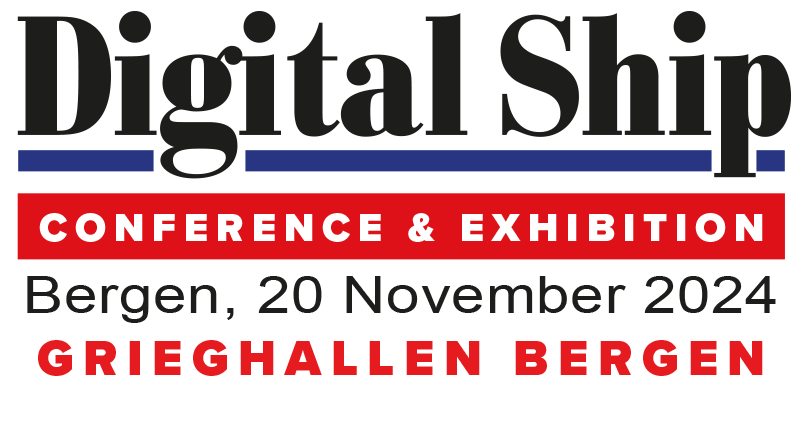DIGITAL SHIP BERGEN
Nov 20, 2024,
Grieghallen Bergen
In Bergen in November, we will review how the maritime industry is evolving its use of digital technology to achieve its business goals, including decarbonisation, improving quality of life for seafarers, maintaining safety, and using autonomous technology to reduce the need for shipboard personnel.
Topics we are likely to explore include
CYBERSECURITY
Cybersecurity continues to be very important in Norway, particularly with Russia so close. The message in our Spring events was that hacking from Russia had not gone further than mischief making with GPS jamming.
This may change and shipping companies certainly should be prepared for the possibility that it might. Otherwise the most likely 'attack pathway' could be phishing attacks to gain access to software systems.
How well do we understand our defences against this, and what could be done if access was gained?
NETWORK DIVERSITY
With many companies trying or using Starlink, and other low earth orbiting services promised to be available soon, including Eutelsat OneWeb and Amazon Kuiper.
Shipping companies need to know the weaknesses - the guarantee of quality of service. They need to use it together with back-ups. There are growing services and tools available to make it easier to manage multiple communications options. Shipping uses comms in different ways - business critical, sensor data, business less time-sensitive, high bandwidth such as video, seafarer communications.
Each communication option has different strengths in cost, speed and availability. And multiple comms systems makes management more complicated.
DIGITAL COMPETENCY AND TRANSPARENCY
The use of software is increasingly 'pervasive' in shipping operations.
No longer just for planned maintenance, procurement and documentation, companies now use it to manage vessel performance in multiple ways, crew training, crew payments, broader communication with head office, crew scheduling Maintenance systems are getting more sophisticated, including the process from identifying defects to fixing it with the help of shore support.
It means shipping companies require higher levels of digital competency and the systems require higher levels of transparency, to ensure digital tools are genuinely helpful, meet the needed task, integrate with others as required, and are future-proof.
ADVANCED TECHNOLOGIES
The focus on analytics and AI continues. Companies want to take advantage of technology and not feel left behind by competitors.
But where technologies do manage to support business operations, it is typically in one specific area, such as a better way to develop ship performance models, or optimize a route. Such tools also need to integrate with the rest of our operation, to provide them with the data they need, and make good use of their outputs.
How well are we doing this?
NAVIGATION TECHNOLOGY DEVELOPMENTS
We continue to see improvements in vessel navigation technology. Including advances in autonomous navigation systems, X-band radars, new generation AIS systems, and use of video analytics in ship navigation. We can explore some of the new developments.
VESSEL PERFOMANCE
the demands on shipping companies to improve vessel performance continue to get tougher, from CII, EU ETS, FuelEU Maritime, and expected future IMO legislation.
Banks are tying performance issues into lending terms. The technology available to manage performance continues to improve. Yet it is extremely hard for shipping companies to choose a digital technology which does what they need and is future proof.
Call for speakers – if you have interesting stories to tell please contact Conference Producer Vaida Berkecz on vaida@thedigitalship.com
Sponsorship opportunities – including speaker slots, panel slots, exhibition stands – please get in touch with Ria Kontogeorgou on ria@thedigitalship.com / Tel +44 (0)7815 481036
See our past event history in Bergen: http://www.events.thedigitalship.com/bergen-archive










